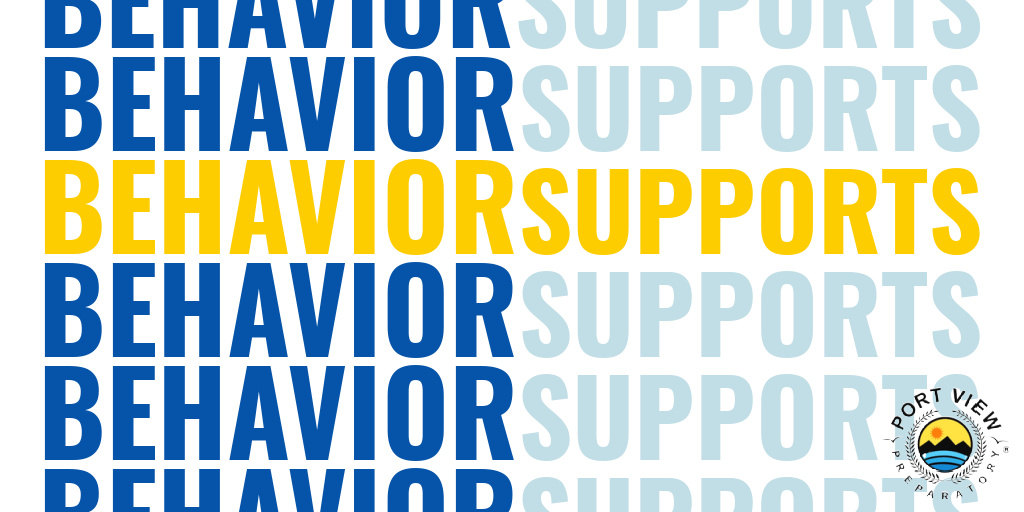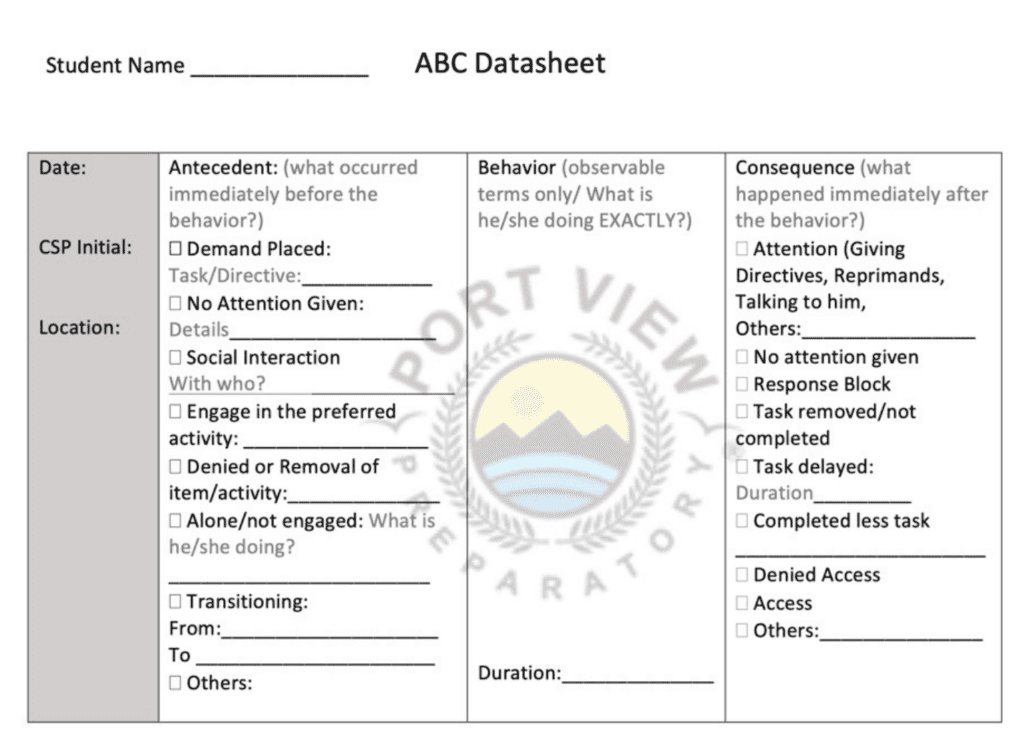
This month our Co-Principals, Dr. Edward Miguel and Dr. Melaura Tomaino presented “Behavior Supports: A Guide for Getting Ahead of Challenging Behavior” on behalf of Supporting Inclusive Practices (SIP) and their series called Paraprofessional Professional Learning: Building an Inclusive Community of Support.
An effective inclusion program requires all staff to be highly trained in supporting students’ individualized needs. Paraeducators play a critical role in providing access to instruction and resulting post-secondary outcomes. This year-long series will focus on roles/responsibility, behavior support and universal design for learning. Paraeducators, Teachers and Administrators can register now by clicking this link. All webinars will be recorded, too.
Behavior supports are evidence-based practices or strategies that are implemented in an effort to encourage skill acquisition while decreasing the likelihood that challenging behaviors may occur. A challenging behavior is any behavior that impedes a student’s ability to access their educational program. These can range from the inability to attend to a task to self-injury and/or aggression. It is always important to target a behavior before it is a major concern.
What we sometimes see as a failure to BEHAVE properly, is actually a failure to COMMUNICATE properly.
-Unknown
We view any behavior as a three term contingency which is referred to as the antecedent (what happens immediately prior to the behavior), the behavior (what the student does) and the consequence (what occurs immediately after the behavior).

Why does a behavior occur? Here are the 4 functions of behavior and what they tell us:
- Escape: The student is trying to get away from or avoid something.
- Attention: The student is trying to gain the attention of someone.
- Access: The student is trying to get something or somewhere.
- Automatic (Sensory or Pain Attenuation): The behavior itself is reinforcing.
It is important to know the function of the behavior because it tells us what the student is trying to communicate. Also, it will help to guide what intervention(s) are used.
Some behavior supports include, but are not limited to:
- Functional Communication: A means of effectively communicating to get ones wants and needs met.
- Reinforcement: 2 types, Positive which occurs when a behavior is immediately followed by the presentation of a stimulus that increases the future frequency of the behavior in similar conditions. Negative which occurs when a behavior is followed immediately by the removal of a stimulus that increases the future frequency of the behavior in similar conditions. Reinforcement always increases the rate of behavior.
- Prompting: Providing assistance or cues to encourage the use of a specific skill. Types of prompting- Physical/manual, gestural, model and verbal.
- Chaining and Task Analysis: Chaining means using various methods for linking specific sequences of stimuli and responses to form new behaviors (i.e.: washing hands). We can use forward chaining, backward chaining and total task presentation.
- Visual Support: A strategy used to prompt the learner using visual stimuli. Examples are a single icon, First/Then or a visual schedule.
- Token Economy: A system whereby the student earns generalized conditioned reinforcers (tokens, tickets, stickers, stars) as an immediate consequence for specific behaviors. The student accumulates these tokens in exchange for spec items/activities or from a list of available reinforcers. A token is not reinforcing until it has been conditioned as a reinforcer.
- Sensory Diet: Should be implemented systematically. Activities can occur before, during and outside of instruction. Activities should be prescribed based on students arousal level under the guidance of an Occupational Therapist.
These strategies and guidelines are intended for proactive use to reduce the likelihood of challenging behaviors occurring and to increase engagement in the classroom. Remember, more engaged students will demonstrate less behaviors. Know your student, identify the ABC’s, find the function and plan ahead.
For more information or to schedule a consultation with our team of professionals, email melaura@theprepgroup.com or edward@theprepgroup.com
